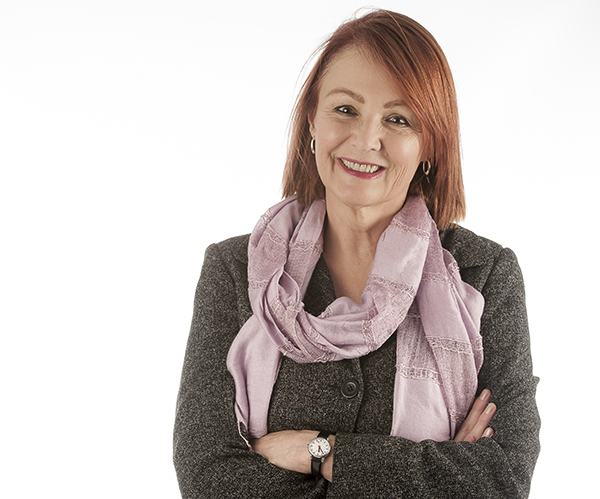Latest News Archive
Please select Category, Year, and then Month to display items
27 October 2025
|
Story Sefako Mokhosoa
|
Photo Supplied
 Ten Grade 12 learners from Mampoi Secondary School in Phuthaditjhaba.
Ten Grade 12 learners from Mampoi Secondary School in Phuthaditjhaba.
On 1 October 2025, the Projects and Innovation Directorate in the Faculty of Education at the University of the Free State (UFS) proudly hosted a certificate ceremony to honour ten Grade 12 learners from Mampoi Secondary School in Phuthaditjhaba on the Qwaqwa Campus. These learners completed a Skills Development Initiative and Workshop Series focused on digital literacy and ICT skills – a programme designed to equip rural youth with the tools they need to thrive in a digital world.
The initiative, which ran from May to August 2025, was made possible through a strategic partnership with BANKSETA to bridge the digital divide in rural communities. The learners received hands-on training in essential digital tools. Each learner also received a tablet to support continued learning and personal growth beyond the classroom.
The Director of the office in the Faculty of Education, Dr Kwazi Magwenzi, stressed that digital skills promote independence and self-directed learning. “Grade 12 is a time when learners should manage their studies, meet deadlines, and explore their options,” she said. “Digital fluency supports that autonomy. It enables learners to use online research, interactive tools, e-learning, and collaboration platforms to make learning more effective, flexible, and aligned with their pace and style. In Grade 12, where the stakes are high – with exams, tertiary entrance, and career choices – this ability helps learners become more self-directed, confident, and equipped.”
The programme not only built learners’ confidence in using ICT tools for learning and communication but also prepared them for the technologically driven environments they will encounter in institutions of higher learning.
Beyond developing digital skills, the project offered learners valuable exposure to the university environment, as their training took place on campus. Inspired by the success of this pilot, the Faculty of Education now aims to expand the initiative to reach more schools and learners across the region. The vision is to scale up access to digital education and empower more young people in rural areas with the skills necessary for academic and professional success.
This ceremony marked the conclusion of a successful training programme and the beginning of a long-term commitment to digital empowerment and lifelong learning in rural communities.
Research chair into Higher Education gets boost for five more years
2017-11-21

Prof Melanie Walker, Director of the Centre for Research on
Higher Education and Development (CRHED).
Photo: Supplied
The research Chair in Higher Education and Human Development within the Centre for Research on Higher Education and Development (CRHED) at the University of the Free State has secured funding for another five years. It follows a favourable evaluation by the South African Research Chairs Initiative (SARChI) of the research project at the UFS.
The Director of the Centre, Prof Melanie Walker, says she is delighted by the recognition of the Chair's hard work and significant productivity. “This new round of funding secures the centre and its activities for the next five years.”
Under the auspices of the Chair, research is conducted on higher education, inequalities and social justice, and how or if universities foster the human capabilities and aspirations of students. In essence, the research studies whether higher education makes a difference to the lives of students, their families and communities. Prof Walker says the Chair's projects look at issues of access, participation and transitions into work, as well as gender, race and social class. The research uses quantitative and qualitative methods and includes a strand of participatory research projects with students.
Prof Walker says through the Chair research project, and the Centre, researchers have developed extensive international links and produced international quality research and publications. “We foster high-quality PhD graduates as a new generation of social science academics.” The Chair has in the first five years produced 10 PhDs and four master’s students.
The project in the next five years will continue with its focus on higher education and human development research. Prof Walker says all the research efforts seek to contribute to more justice in society and universities and to contribute to debates, policy and practices in higher education and a scholarly knowledge base.
The Research Chairs Initiative aims to improve the research capacity at public universities to produce high-quality postgraduate students, research and innovative outputs. The assessors looked at features such as the number of students the research entity had trained and how many publications the research team had produced.